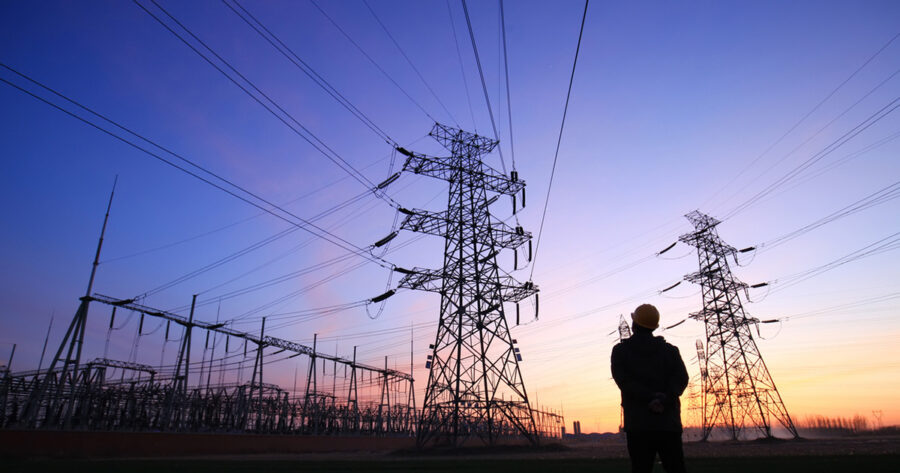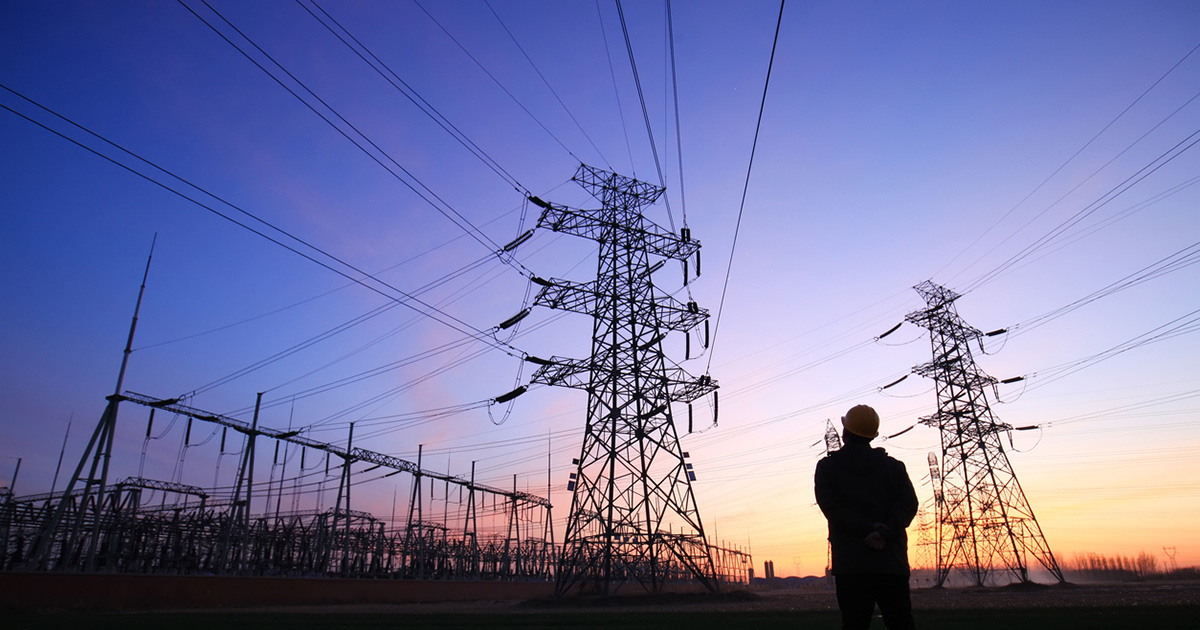
Eskom denies South Africa in danger of imminent blackout
Eskom said in a statement on Tuesday evening that it notes « with concern various social media posts claiming that the country will soon experience a blackout or collapse of the national electricity grid. Eskom refutes these claims and would like to assure South Africans that there are measures in place to avoid the collapse […]

Eskom said in a statement on Tuesday evening that it notes « with concern various social media posts claiming that the country will soon experience a blackout or collapse of the national electricity grid. Eskom refutes these claims and would like to assure South Africans that there are measures in place to avoid the collapse of the power system. »
The power utility said loadshedding is one of these measures.
« The risk of a national blackout, while inherent to the operation of a large power system, has an extremely low likelihood of materialising given the implementation of a number of control measures, including loadshedding, » said Eskom.
« The grid is by no means at a higher or imminent risk of a collapse and it would take an unforeseen and sudden sequence of events that results in a cascading collapse of the transmission or generation system, leading to a complete loss of supply across the country. »
Eskom claims it has robust contingency plans in place to deal with such an eventuality
At the Enlit Africa conference today, interim GCE Calib Cassim reiterated that there are several controls in place and that he doesn’t lose sleep on the issue.
He said this is due to the confidence he has in the staff at the System Operator who have the competence to manage the tight system for the past three years.
Eskom continues to drive generation recovery initiatives which are aimed at preventing the current performance from deteriorating in the short-term, and improving the overall performance of the generation fleet in the long-term, said the statement.
A State of System media briefing is scheduled this Thursday to give an update of the power system and share the outlook for winter including contingency plans to avoid higher stages of loadshedding.
